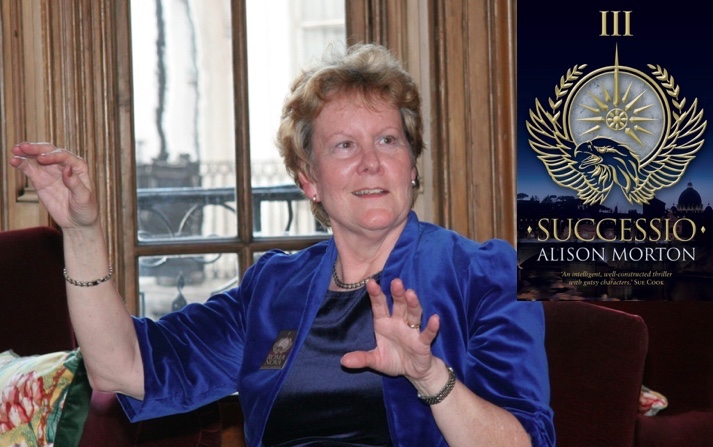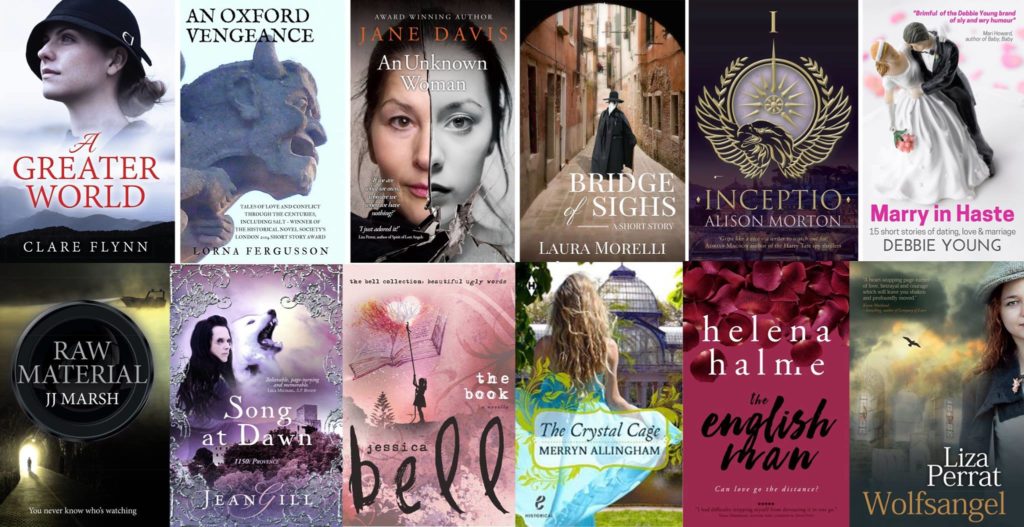 A reviewer wrote about SUCCESSIO, the third Roma Nova novel:
A reviewer wrote about SUCCESSIO, the third Roma Nova novel:
“Clearly, Alison Morton is as much a reckless risk-taker as her main character, Carina Mitela. […] after creating one of the most fascinating heroes in my recent memory in book one, and shamefully marginalizing him in book two, the author now proceeds to dismantle the mystique piece by piece, leading us to wonder whether Conradus has not, in fact, gone mad.” Full review
Writing is a risky business, full stop.
Characters are there to be pushed to their limit. They are the creatures of that merciless goddess or god – the writer. They run a risk in existing. They could be dispatched at the whim of their creator. Or they could be set down in a culture or time alien to them, surrounded by a loving family or little green men.
But writing is where we can experiment, try things out of the ordinary, even mix and match ideas and themes that aren’t necessarily found in the average bookshop. We can mix fantasy and crime, romance and horror, history and science fiction, Jane Austen and zombies, thriller and science fiction or any combination. I hear one author successfully blended magic with a children’s boarding school…
Genres are ways of categorising books and it used to be fairly simple: romance, historical, crime & thrillers, women’s fiction, science fiction and fantasy, literature and ‘general’. For marketers and sales people, it was a dream. Buyers and readers knew exactly what they were getting. But now it’s open season and cross-genre is all the rage. You can get almost any combination plus there are now age categories, levels of heat in romance, level of violence in crime, historical now nudges the 1970s, time slip and time travel introduce a sci-fi element. Each traditional genre has a range of other genre elements running wild within its framework.
Yes, it’s confusing and its distinctly risky as you never know who will buy your book. Traditional publishers invest a lot in producing and marketing a new book so a dud is a frightening thought. This can make them risk averse. Indie writers who publish their own work are more flexible but still want readers to love (and buy) their work which they’ve sweated over for months and invested their own money in.
The result of all this cross-fertilisation? Lots of niche books which may only appeal to a small percentage of readers – that’s the risk. But the reward for the author is lots of loyal fans and fellow enthusiasts of that niche.
Should an author keep taking that same risk? Well, if they go and write an adventure story with coming of age elements, spies, alternative Roman history, strong women, undercover operations and an epic romance, then that is risk personified.
Do you like a risk in your writing or reading?
Alison Morton is the author of Roma Nova thrillers – INCEPTIO, PERFIDITAS, SUCCESSIO, AURELIA, INSURRECTIO and RETALIO. CARINA, a novella, and ROMA NOVA EXTRA, a collection of short stories, are now available. Audiobooks are available for four of the series. NEXUS, an Aurelia Mitela novella, will be out on 12 September 2019.
Find out more about Roma Nova, its origins, stories and heroines… Download ‘Welcome to Roma Nova’, a FREE eBook, as a thank you gift when you sign up to Alison’s monthly email newsletter. You’ll also be first to know about Roma Nova news and book progress before everybody else, and take part in giveaways.














Perfect timing for this post, Alison. I am still working on book 3 but have long been wrestling with the question of continuing to write about this world and my beloved characters, with my particular unique version of fantasy fiction once its done. Do I keep writing about the characters and places I’ve come to love even if few people read it, or do I settle for something more familiar even if I’m less enamored with it? Keep going with the risk that what I started writing will never catch on, or switch over to a more well-trodden path? Indeed, that is the question, and there are no easy answers. I think we’re kindred spirits!
This is a very tricky question and very much depends on your goals. Doing a JK Rowling is extremely rare, so let’s put that aside.
Writing what you love is very fulfilling, but it might only appeal to people with the same niche taste. If your aim is sales, then probably something more traditional is the answer. Or do both. 😉
If you write about something you don’t love you risk losing some of the ‘life’ in your writing. Difficult decision that only you can make. But for what it’s worth – you haven’t had these books out terribly long. Unlike crime for example you may need to be content with a slow build-up of interest.
Except of course when they are real people and have to operate within limits…
I still reckon you can nudge towards the risky even with real people. We never really know what goes on or has gone on in their heads…